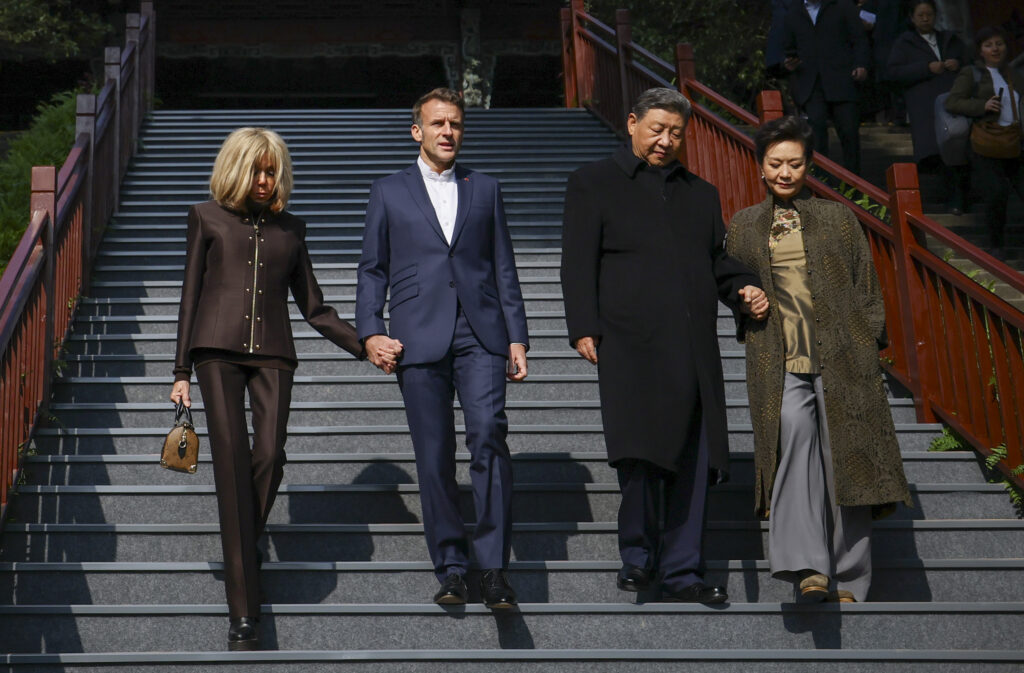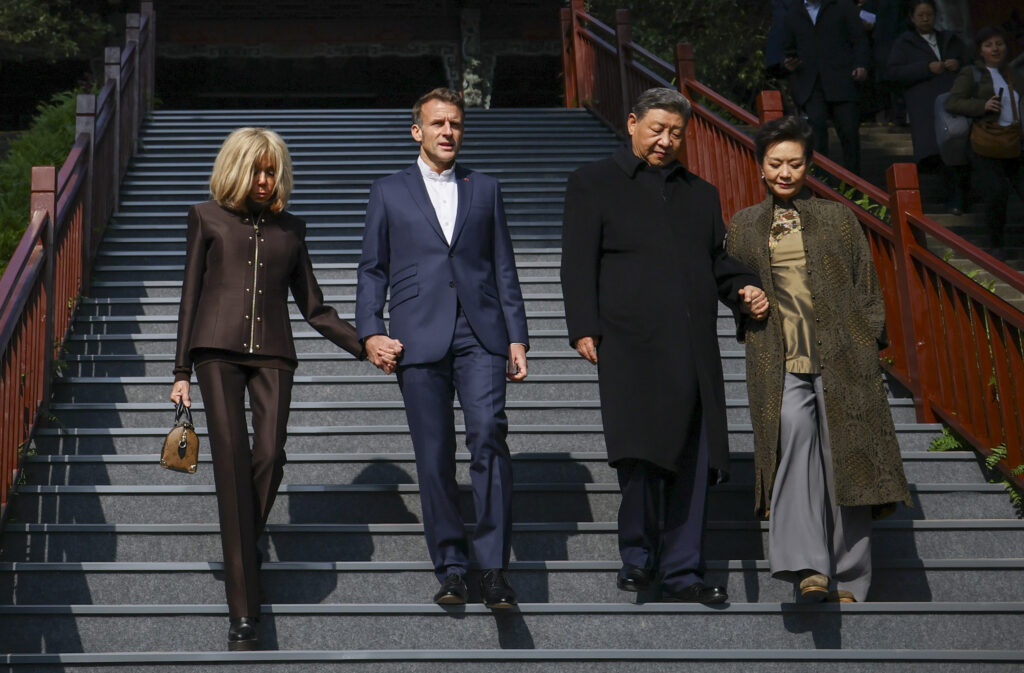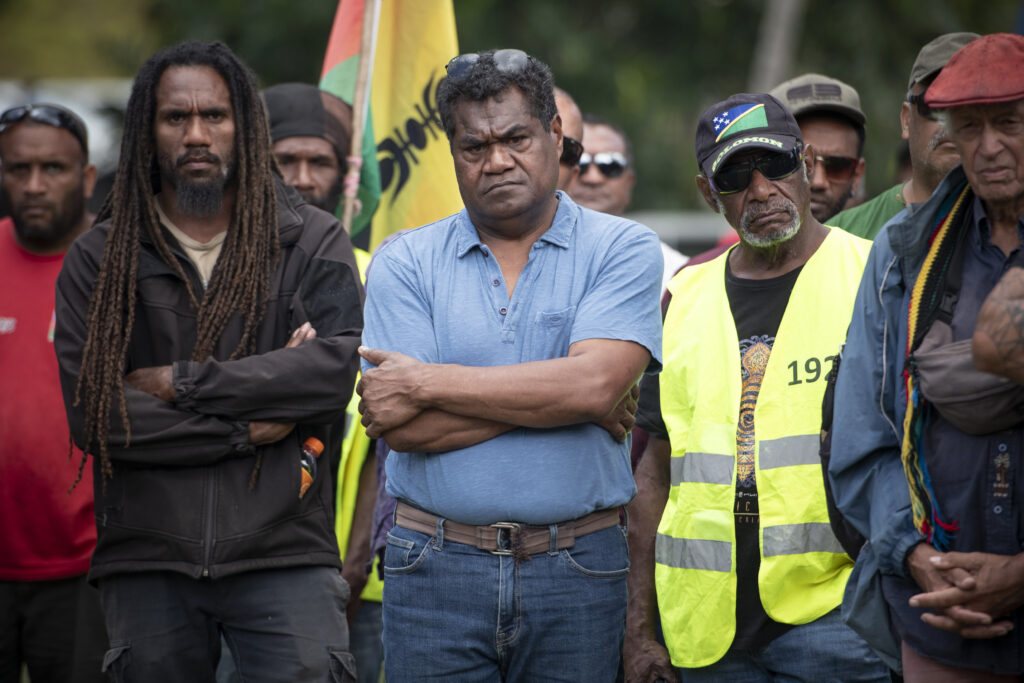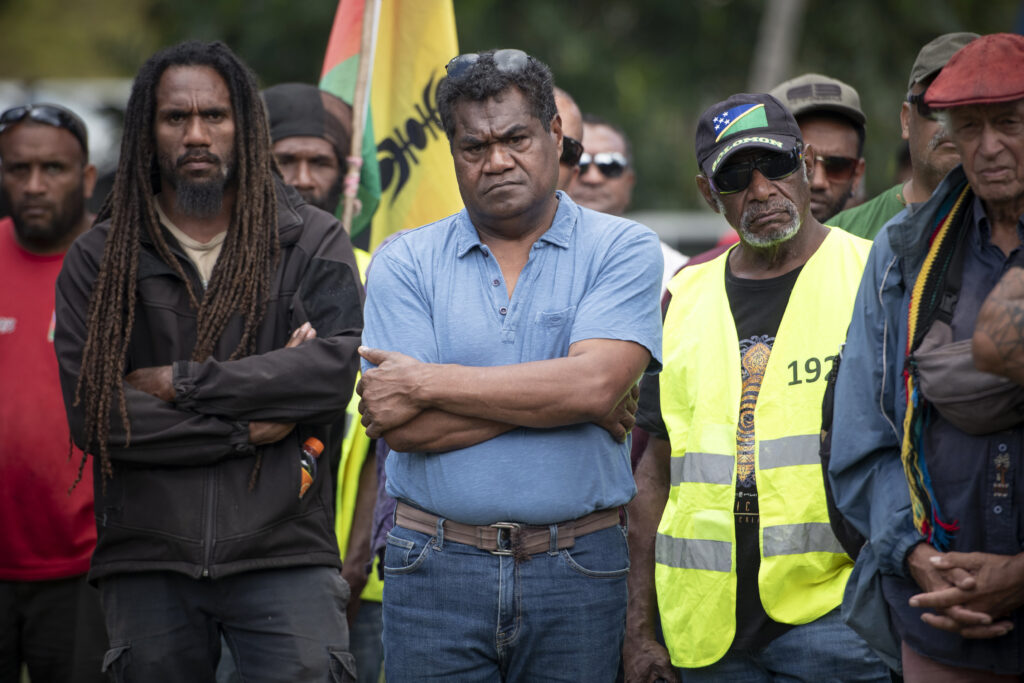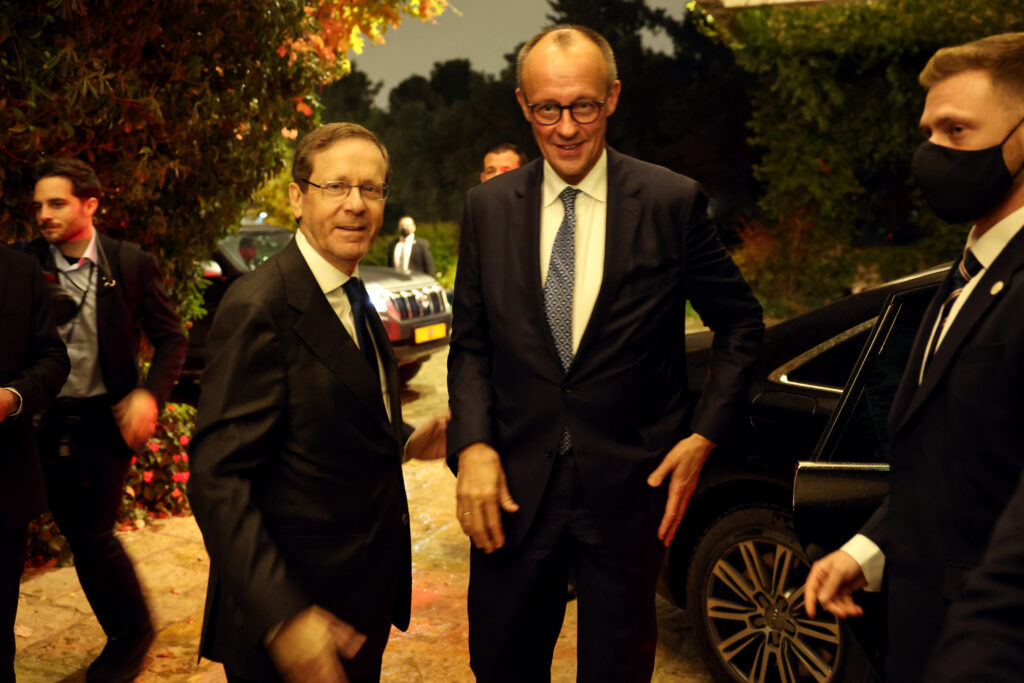Tentative de coup d’État au Bénin, la présidence dit garder le contrôle
Des militaires ont annoncé dimanche matin à la télévision publique du Bénin avoir “démis de ses fonctions” le président Patrice Talon, dont l’entourage a affirmé à l’AFP qu’il était en sécurité et que l’armée reprenait le contrôle.Le président Talon devait passer la main à la tête de ce petit pays côtier d’Afrique de l’Ouest, à la croissance économique solide mais miné par des violences jihadistes dans sa partie nord, en avril prochain lors d’un scrutin présidentiel.L’Afrique de l’Ouest a connu de nombreux coups d’État depuis le début de la décennie, au Mali, au Burkina Faso, au Niger, en Guinée et plus récemment, fin novembre, en Guinée-Bissau.Dimanche, un groupe de militaires se désignant comme le “Comité militaire pour la refondation” (CMR) a affirmé avoir “démis de ses fonctions” M. Talon sur la télévision publique béninoise, dont le signal a été coupé plus tard dans la matinée.Peu après l’annonce de ces militaires, une source dans l’entourage de Patrice Talon a affirmé à l’AFP que le président était en sécurité et que l’armée reprenait le contrôle.”Il s’agit d’un groupuscule de personnes qui ont uniquement la télévision. L’armée régulière reprend le contrôle. La ville (Cotonou) et le pays sont totalement sécurisés”, a dit cette source.L’ambassade de France a rapporté sur X dimanche matin que “des coups de feu ont été signalés à proximité du domicile du président de la République” à Cotonou, et appelé les Français à rester chez eux “par mesure de sécurité”.- “Nettoyage” en cours -Une source militaire a confirmé que la situation était “sous contrôle” et que les putschistes n’avaient pris “ni le domicile du chef de l’État”, ni “la présidence de la République.””C’est une question de temps pour que tout rentre dans l’ordre. Le nettoyage suit bien son cours”, a poursuivi cette source.Dimanche matin, l’accès à la télévision nationale et à la présidence étaient bloqués par des militaires, a constaté un journaliste de l’AFP.Les accès à plusieurs zones, notamment le Sofitel, hôtel cinq étoiles de la capitale économique, tout comme les quartiers regroupant des institutions internationales étaient également interdits. Aucune présence militaire n’était toutefois signalée à l’aéroport et dans le reste de la ville, la population vaquait à ses occupations.L’histoire politique du Bénin a été jalonnée de plusieurs coups d’État ou tentatives.Patrice Talon, au pouvoir depuis 2016, doit arriver en 2026 au terme de son second mandat, le maximum autorisé par la Constitution.Le principal parti d’opposition est écarté de la course qui opposera le parti au pouvoir et un opposant dit “modéré.”S’il est salué pour le développement économique du Bénin, Patrice Talon est régulièrement accusé par ses détracteurs d’avoir opéré un virage autoritaire dans un pays autrefois salué pour le dynamisme de sa démocratie.

